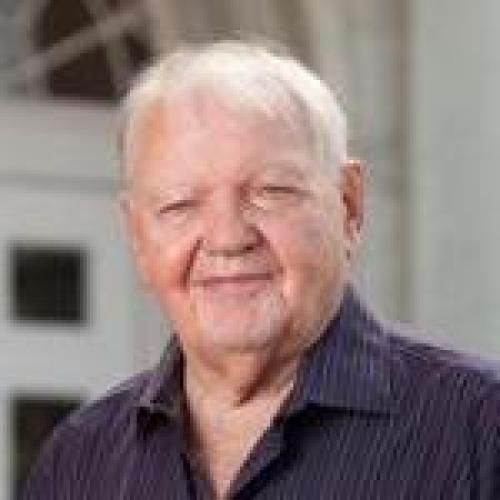
Magical Narratives: On the Dialectical Use of Genre Criticism*
Of the many distinguished critics in the Marxist tradition who have practised what can loosely be called the sociology of genres, none has investigated more carefully the theoretical issues involved than the American critic Fredric Jameson. Acknowledging that, despite the resistance to genre theory which is part of ‘the ideology of modernism’, genre criticism ‘has always maintained a privileged relationship with historical materialism’, Jameson sets out in this essay to define the terms on which a properly ‘dialectical’ version of that criticism might be based: that is, one which would interpret literary genres in light of the historical conditions that sustain them, while simultaneously reflecting on the historicity of the act of interpretation itself. His starting point, however, is not the modern masters of dialectical thought (Adorno, Benjamin, Bloch, Lukács, and others) who were the subject of his earlier book Marxism and Form (1971), but two specifically literary theorists who between them represent what Jameson saw in 1975 as the dominant trends in modern genre criticism, Northrop Frye (cf. Chapter 6) and Vladimir Propp (cf. Chapter 3). Both of these marginalise historical considerations, Frye in the name of a universal grammar of the human imagination, Propp in pursuance of a synchronic methodology derived from structural linguistics. The purpose of Jameson’s ‘metacommentary’ (his term) is not simply to expose the theoretical confusions and blindspots that result from this suspension of history, but also - in the best dialectical manner - to reap-propriate the insights of what he calls the ‘semantic’ and ‘structural’ approaches within a genuinely historical theory of genre. The choice of romance as a test case for this new theoretical model is not arbitrary, since romance is both, as Frye had argued, ‘the source and paradigm of all story-telling’, embracing ‘high’ and ‘low’ narrative forms, and the genre that displays most forcibly the Utopian impulses that, along with other factors, make literature part of ‘the political unconscious’ - the larger theme of his book. For reasons of space, the opening and penultimate sections of the essay (from where some of the quotations above are taken) have been omitted.
Duke Scholars
DOI
ISBN
Publication Date
Start / End Page
Citation


